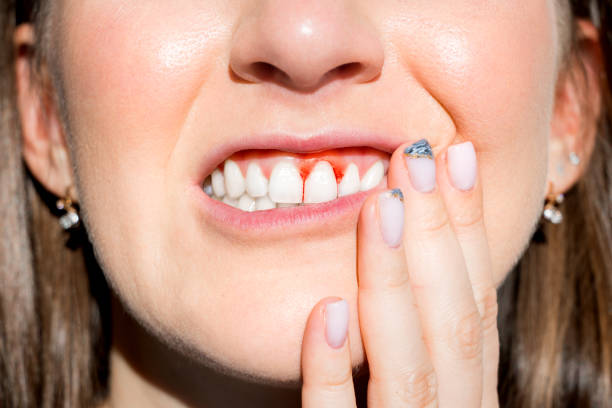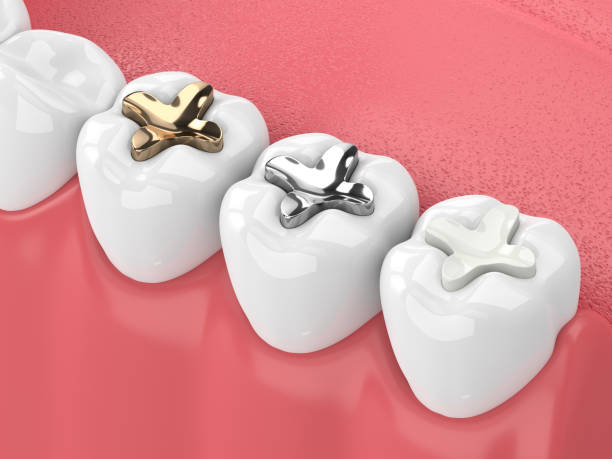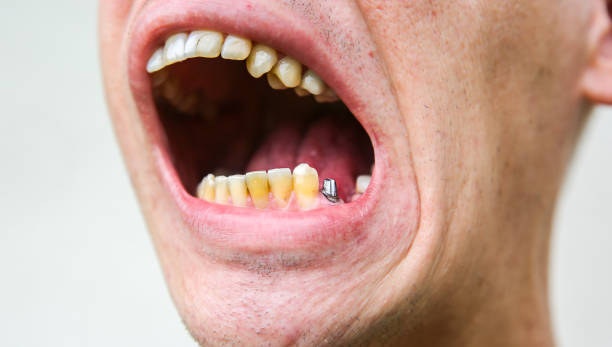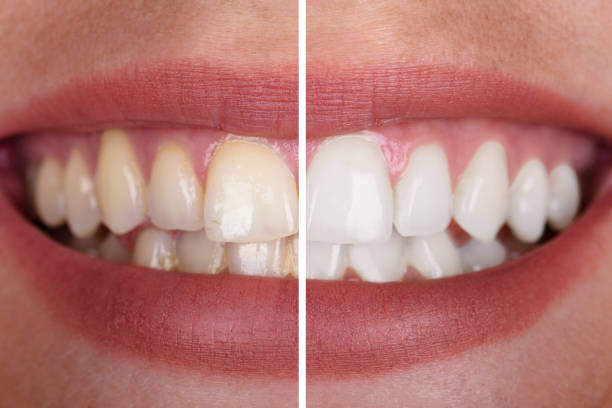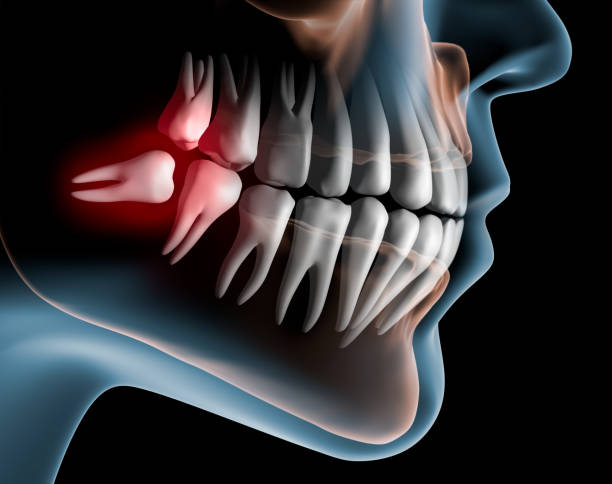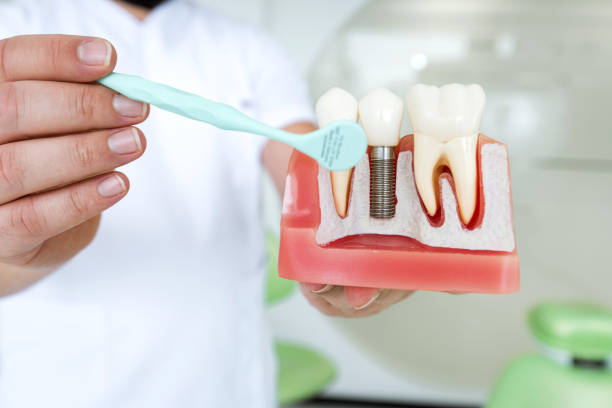Do you know the signs and symptoms of wisdom teeth coming in? Did you know that your wisdom teeth are the final set of permanent teeth to erupt? Around the age of 18, they can start to explode, but they can also remain dormant and never show themselves. Additionally, some individuals may develop normally, developing four more molars to complete their adult teeth.
But wisdom teeth might also cause some dental issues below the gum line. This may result in infections and a variety of other medical problems. Surgery is typically required to remove wisdom teeth in these situations. However, how can you know when yours are starting to show and whether further extraction is necessary?
Table of Contents
What Are Wisdom Teeth?
The third set of molars, or wisdom teeth, erupt on the top and bottom of both sides of the mouth. They often appear between the ages of 17 and 21; during this time, a person may be a little “wiser” than they were when the majority of their adult teeth first appeared.
Impacted wisdom teeth are third molars that erupt at an abnormal angle, only partially emerge through the gums, or remain buried below the gum line. Over time, impacted wisdom teeth can cause major dental problems such as gum disease, cysts, and an increased risk of tooth decay.
Signs of Wisdom Teeth Coming In
The first sign that your wisdom teeth are coming in could be a dental X-ray. The position of your wisdom teeth and whether or not they are on the verge of erupting can be determined, in particular, by a panoramic X-ray that records all of the teeth and jaws in one image.
You may be able to detect the emergence of your wisdom teeth without an X-ray if you start to experience some uncomfortable symptoms. Some typical signs that your wisdom teeth are going to erupt include:
- Gingival swelling that typically occurs behind your second molars
- Jaw ache
- Bleeds or has sensitive gums
- You have trouble extending your mouth widely
- An unpleasant aftertaste
- Poor breath
Although it rarely hurts much, you could occasionally feel a sharp stabbing sensation. Additionally, chewing with the molars close to where your wisdom teeth are ready to erupt may be unpleasant or uncomfortable.
When wisdom teeth are impacted, which means they are either locked under the gum line or don’t have enough room to fully erupt, these symptoms frequently result.
According to ResearchTrusted Source, impacted wisdom teeth may result in an inflammatory dental condition that could damage the jawbone and adjacent teeth.
You can suffer a low-grade fever if your wisdom teeth are actually pushing through the gums.
Related Reading: Why Do We Have Wisdom Teeth?
What Should We Do Next?
Make an appointment with your periodontist in Colorado Springs if you or your teen exhibits any of the aforementioned signs.
It is frequently unnecessary to extract wisdom teeth that erupt in an upright, functioning position and cause no pain. However, impacted third molars can cause excruciating pain and other major dental issues; in these circumstances, wisdom tooth extraction is typically advised.
Before the age of 20, when their roots are less formed, wisdom teeth are frequently easier to remove. So, if you or your teenage son or daughter are in pain from wisdom teeth, call your periodontist right away.
Potential Complications With Wisdom Teeth
Whether you are an 18-year-old whose wisdom teeth are pushing through or a teething baby, new teeth breaking through the surface of the gums can ache. Gum tissue can get temporarily injured, which alone is enough to result in swelling and pain.
The fact that the adult mouth typically isn’t large enough to accommodate four additional molars is the main reason wisdom teeth pose any risk at all.
Because of this, impacted wisdom teeth may erupt at odd angles and press against neighboring teeth. This may take place long before wisdom teeth erupt through the gums.
Do All Wisdom Teeth Need to Be Removed?
There isn’t much clinical trial data to back up the removal of asymptomatic, disease-free impacted wisdom teeth.
According to a paper published in the Cochrane Database of Systematic Reviews in 2020, there may be a tenuous link between gum disease and bone loss on second molars and impacted wisdom teeth that aren’t causing any symptoms, but the data isn’t very strong.
Overall, this study found that the patient’s preferences and the dentist’s experience ultimately determine whether to remove wisdom teeth in these circumstances.
Additionally, researchers urge those wisdom teeth that are kept in place to be frequently checked by a dentist to avoid issues in the future.
Why Wisdom Teeth Cause Pain
In general, a number of factors contribute to the pain and discomfort brought on by the emergence of wisdom teeth:
- Impaction. In some situations, the wisdom teeth simply lack adequate room to fully erupt. As a result, the tooth may be positioned at an awkward angle, applying persistent pressure to nearby teeth. The wisdom tooth is deemed to be “impacted” at this point.
- Sporadic eruption. If the tooth just partially emerges, bacteria can get underneath the gum and infect it, resulting in stiffness, edema, and discomfort. The most frequent reason for wisdom teeth pain is this.
- Cysts or tumors. If not treated in a timely manner, and impacted wisdom tooth might result in tumors or cysts that may later cause the destruction of other good teeth and the jawbone.



